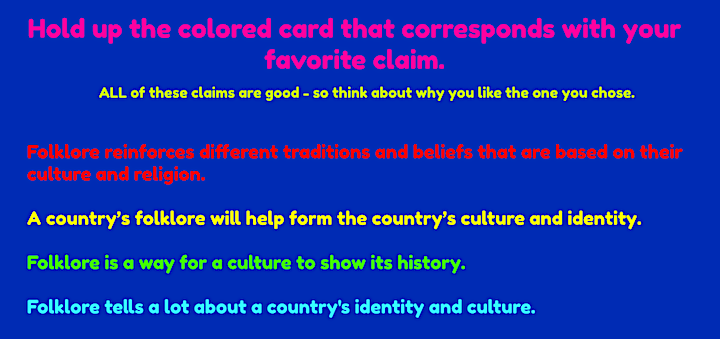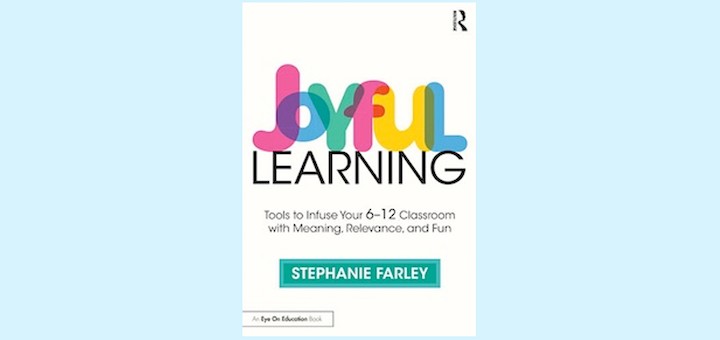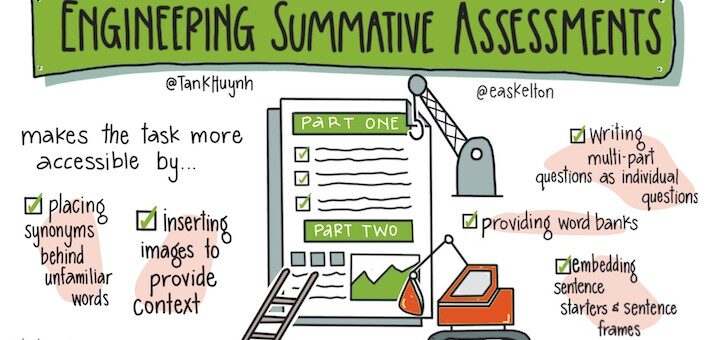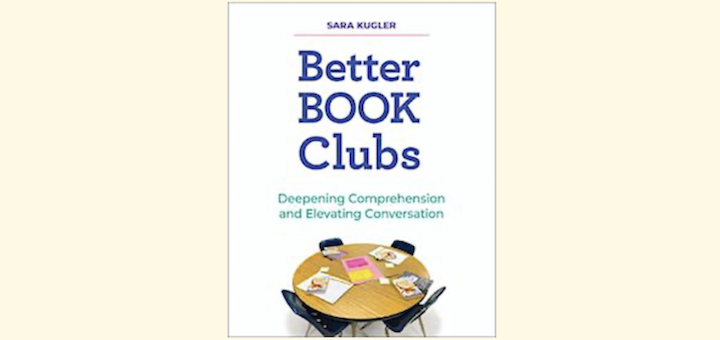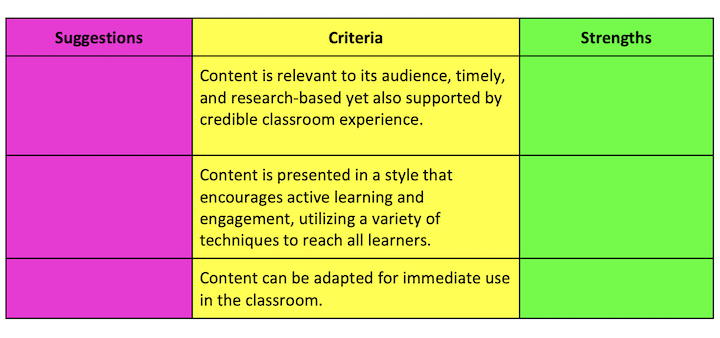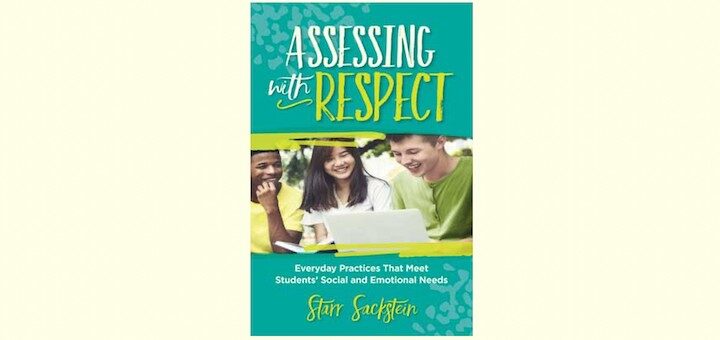Providing Extra Credit: Positive or Negative?
The decision to give students “extra credit” should be closely tied to a teacher’s reasons for grading, says teaching coach Barbara Blackburn. Do you grade to measure understanding, provide accountability or compare students? She includes a “redo” tool – her preferred option.



